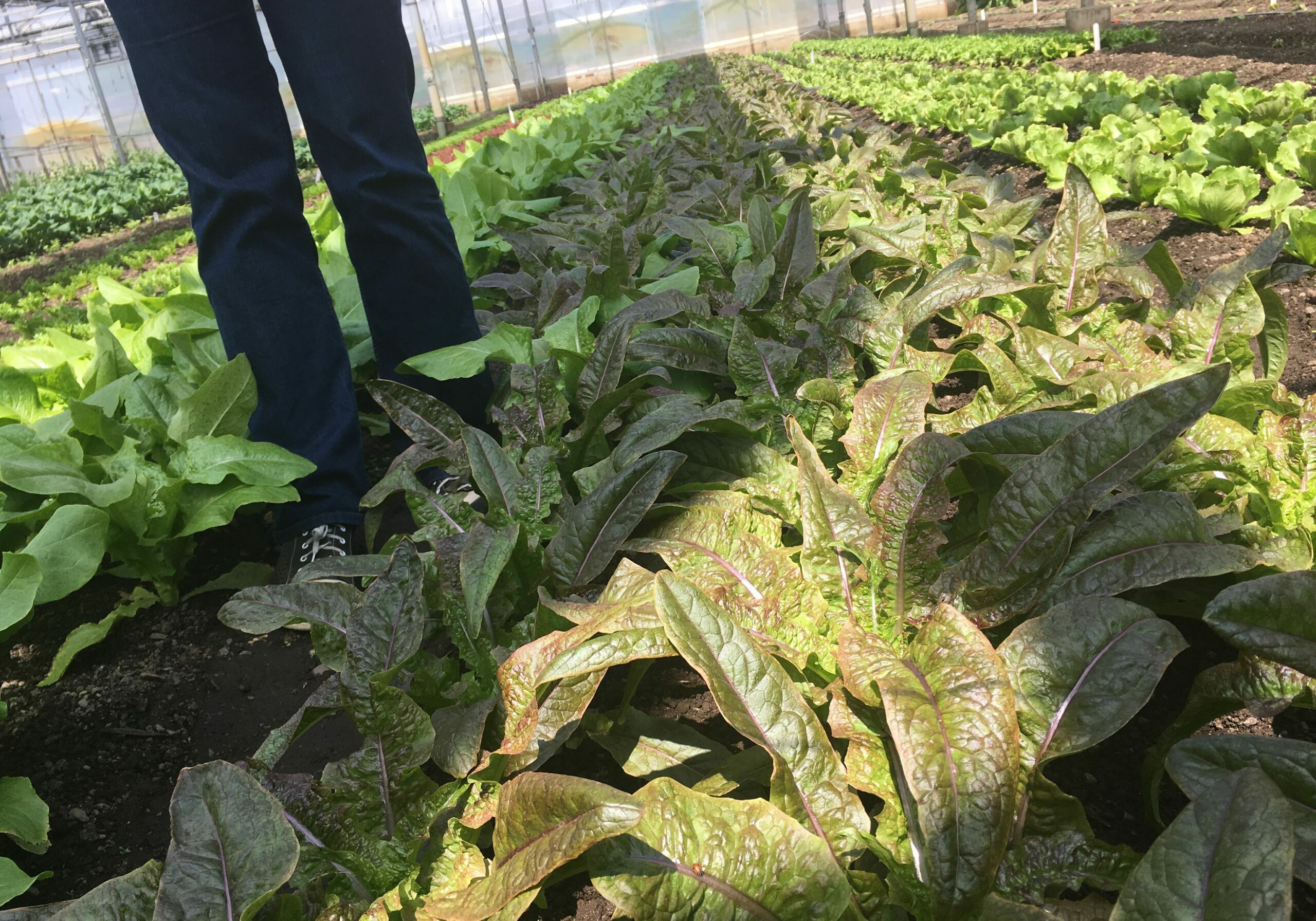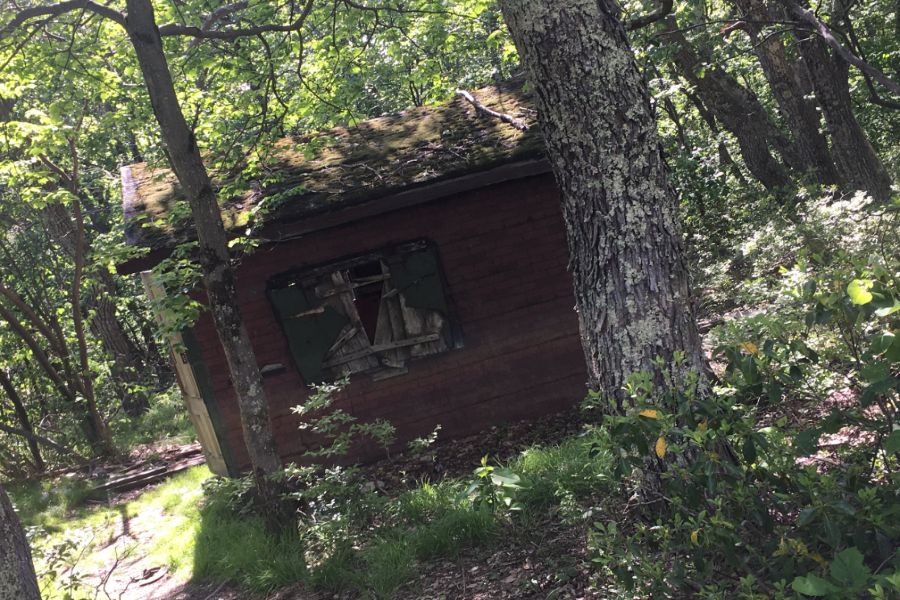August 13, 2024
Smash cut to me barreling down the avenue in the freezing rain

Here are two biases that negatively impact our decision making.
Underestimation of uncontrollable variables, and overestimation of personal capabilities.
The first has to do with complexity. We fail to consider the factors that might affect the outcome.
For example, I am embarrassed to say that have arrived late to countless meetings and interviews in my career, purely because I underestimated the uncontrollable variables. I never took a beat the night before to think to myself:
Okay, well, you live in the most densely populated urban area in the country. Tomorrow morning, there will almost certainly be traffic congestion, unexpected road closures, transit disruptions, constant construction, adverse weather conditions, mentally unstable homeless people defecating on subway platforms, and other unpredictable incidents between leaving the apartment, and arriving at your destination.
Better add a buffer of contingency time to account for that. Let’s assume one full hour for the commute. Just so there’s no additional stress on top of your existing anxiety.
This is a realistic and strategic and most importantly, humble way to make choices. You hope for the best but plan for the worst.
But most people simply don’t do that. We assume we are less likely to experience negative events. Because that kind of thing happens to other people. Only in the movies does the subway stop dead in its tracks under a tunnel while the passengers slowly overheat and panic because their wifi has gone out.
Nah, as long as I head out like twenty minutes before my call time, I’ll be fine.
Smash cut to me barreling down the avenue in the freezing rain, arriving at my final destination a half hour late, only to have an angry pigeon unleash a diarrhea explosion on my new suit, right before I walk in the door. Nice first impression.
So that’s bias number one. Blatant disregard for life’s unpredictabilities.
The other factor that influences decision making is the overestimation of personal capabilities. Now we’re shifting from external to internal. Misconstruing our own skills, knowledge and talents.
Rather than seeking professional assistance, we have unwarranted confidence in our capacity to handle any situation.
I am also embarrassed to say that I’ve attempted to perform numerous household repairs in my life, purely based on my delusions of competence. I thought to myself, bah, no problem. I just watched a short video on how to install this appliance. I have the instruction manual, so how hard could it be?
Fifteen minutes later, there’s a hole in my wall the size of a housecat, and I’m convulsing on the kitchen floor from electric shock.
Woops. Maybe I should have left this project to the professionals. Rather than taking matters into my own clumsy hands and making things worse, I could have accepted my limitations and hired a certified expert with technical training. What a concept.
But again, most of us don’t do that. We buy into empowering diy narratives reinforced by million dollar ad campaigns from home improvement stores.
You got this, the promo tells us.
You’re smart and capable and can tackle anything. Come on in and stock up. America is a nation where regular people just like you can attempt construction projects beyond their skill level, and risk physical injury to themselves and their loved ones. Pick up one of our new fully automatic gas actuated industrial nail guns today! On sale for fifteen hundred dollars! Now with a free injection molded thermoplastic holster that mounts to most tool belts. Lowes knows. You got this.
I’m sorry, but that’s just not true. I don’t got this. In fact, there are many things in my life that I cannot get, nor will never get. And that’s okay. I accept my limitations.
How often do you underestimate the uncontrollable variables and overestimate personal capabilities?

